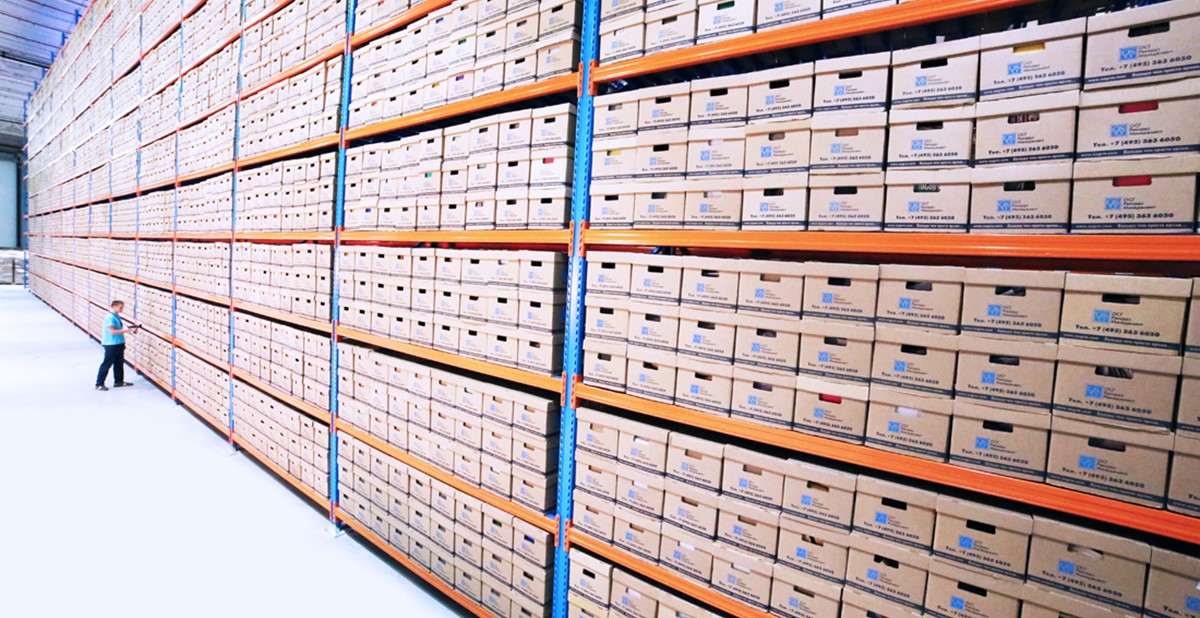White House Considering Easing Tariffs On Certain Chinese Imports

The Biden Administration is considering easing some of the tariffs on products imported from China. Reports are that the White House is mulling opening the exclusion process for certain consumer products on the Section 301 tariff lists in a move to potentially ease inflation.
Background:
The U.S. Trade Representative’s (USTR) Section 301 tariffs, under the Trade Act of 1974, were issued in 2018 and stem from an investigation of China’s intellectual property policies and practices.
- Ambassador Robert Lighthizer, then the USTR, said, “acts, policies, and practices of the Chinese government related to technology transfer, intellectual property, and innovation are unreasonable or discriminatory and burden or restrict U.S. commerce.”
- In total, four lists of imported products from China were levied with additional tariffs, representing more than $350 billion in goods.
Promo Perspective:
PPAI has been actively involved for several years in advocating for the review of tariffs on Chinese imports. PPAI Director of Advocacy and Member Engagement Anne Stone, CAE, says, "PPAI has long advocated against tariffs applied to imported goods. The foreign manufacturer does not pay those tariffs. The American consumer does. As inflationary pressures continue, the elimination of tariffs on Chinese goods are likely to benefit the U.S. consumer and the U.S. importers of those products."
According to the industry coalition Americans for Free Trade, of which PPAI is a part, American importers have been assessed almost $130 billion in tariffs since they were implemented.
- The first of four lists of tariffs is set to expire in July. Although they are likely to be re-upped, doing so would trigger a review process requiring the USTR to evaluate their effectiveness and their effects on the U.S. economy.
- PPAI has called for this review process to be extended to all four tariff lists.
“We should focus on what’s important, not raising input prices for American producers so they’re less competitive, which is what much of those tariffs do." - @LHSummers #Tariff relief must be a priority as @POTUS seeks to relieve #inflation: https://t.co/EyyaM31vnL
— Americans For Free Trade (@Americans4Trade) June 13, 2022
The White House:
On Tuesday, White House Press Secretary Karine Jean-Pierre responded to press questions regarding reports that some tariffs may be lifted. She responded that tariffs “do not advance our economic or national security and instead raise costs for families and businesses.… We’re discussing this and working to align these haphazard tariffs and our priorities to safeguard the interest of our workers and critical industries; boosting American workers, wages, and creating jobs; securing the resilience of our supply chains; sustaining our technology edge; and advancing our national security.”

